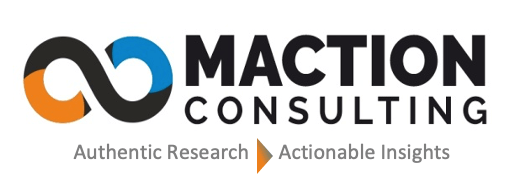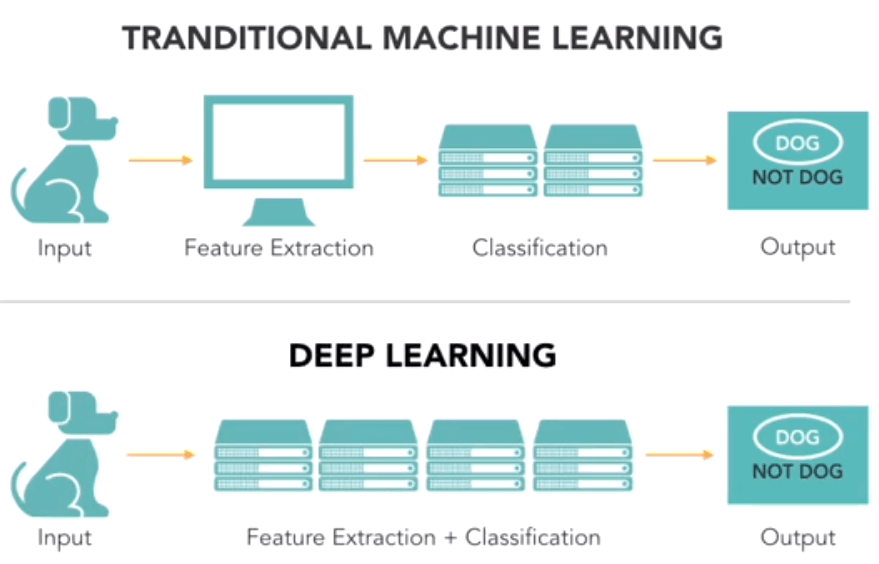Artificial intelligence, also called AI, is increasingly used in business and is expected to transform several industries. Known as “AI-washing,” the dishonest practice of inflating or misrepresenting AI capabilities is becoming more widespread as AI gains popularity. Due to this issue, firms may invest in artificial intelligence (AI) solutions that need to meet their expectations.
As a result of the massive adoption of the technology, it is predicted that the global market revenues for AI in marketing will increase from 27.4 billion US dollars in 2023 to 107.4 billion in 2028. Organizations must be vigilant and follow best practices to prevent falling victim to AI-washing in market survey. This article provides a wide range of tactics to assist businesses in successfully navigating the AI future.
Recognize the Fundamentals of AI
Understanding the fundamental ideas behind AI is essential to assess AI solutions and prevent AI washing properly. Learn about natural language processing, machine learning, and neural networks. Knowing the fundamentals will enable you to assess whether a vendor’s claims are reasonable, given the capabilities of AI technology.
- Machine learning (ML)
The goal of the branch of AI known as machine learning is to create techniques and models that allow computers to learn from data and make predictions or judgments without being explicitly programmed.
Assist the system in finding patterns, classifying data, or predicting outcomes, it entails creating models utilizing labeled data and using statistical techniques
- NLP: Natural Language Processing
“NLP,” or “natural language processing,” refers to a branch of artificial intelligence discussing how computers and human language interact. It allows computers to understand, translate, and produce text and voice in human languages.
Text summarization, chatbots, sentiment survey analysis, and language translation are examples of natural language processing (NLP) approaches.
- Cognitive Networks
The structure and operation of the human brain served as the inspiration for neural networks, a basic part of AI. They comprise layered networks of interconnected nodes or synthetic neurons. Using methods like back propagation, neural networks are trained on data to enable them to recognize intricate patterns and connections.
- Deep Learning
Deep neural networks, which have multiple layers, are used in machine learning to extract hierarchical representations and find complicated patterns from vast amounts of data.
Deep learning has transformed AI by providing cutting-edge performance in speech and image recognition applications.
- Data Training and Algorithms
Large, high-quality datasets are a requirement for AI systems when building their models. The AI system is taught to spot patterns and make precise predictions using training data. Several techniques are employed depending on the nature of the problem and the type of data, including convolutional neural networks, support vector machines, decision trees, and linear regression.
Educate Yourself about AI Applications in Market Research
Know the potential uses of AI in this industry so you can distinguish true AI-powered market survey solutions from AI-washing. You can more accurately evaluate the claims made by suppliers if you thoroughly understand AI’s capabilities in market research. In 2022, 23% of American B2B marketers said they planned to leverage automation and artificial intelligence in their strategies and tactics due to the increased attention paid to collecting and analyzing client data.
- Analyze vendor claims and case studies carefully.
Examine vendor claims and case studies carefully when evaluating AI for market research. Look for hard data to verify whether AI is being used in their products. Be cautious of generic remarks or claims that lack specifics. Request case studies that explain the deployment of the AI system, the data sets utilized, and the quantifiable results attained. A vendor’s AI capabilities can be supported by real-world use cases that can be verified.
- Check for technical proficiency and experience.
It’s critical to evaluate a vendor’s technical proficiency and experience to prevent being duped by AI. Check the credentials of their personnel, particularly their experience in AI development and research. Ask them about their experience putting AI technology to use in the field of market research. To learn more about the vendor’s expertise and capacity to fulfill its AI promises, ask for references and contact some of their current clients.
- Analyze the Data Necessities and Data Quality
AI systems need high-quality data to make accurate predictions and perform a thorough survey analysis. As you consider AI solutions for market research, find out what data the vendor supplies. Recognize the necessary data input types and the data collection sources. To assure the dependability and correctness of the insights produced by their AI solution, also ask about their data cleaning and preparation methods.
- Look for Clear Justifications
Be wary of suppliers who obfuscate the operation of their AI solutions with technical jargon or overly complicated explanations. Real AI service providers will be open and prepared to describe their processes and algorithms in layperson’s terms. Seek out providers who can clearly explain how their AI models work, how they produce predictions, and the constraints of their strategy. You can recognize credible AI solutions with concise and transparent explanations.
Pilot and Proof-of-Concept Programs
Proof-of-concept (POC) and pilot programs are designed to swiftly evaluate the viability, functionality, and potential effects of implementing novel technologies or solutions. These projects frequently include executing the solution on a limited scale to test its effectiveness and gather important data. During a pilot or proof of concept program, organizations establish clear objectives, choose important data, and evaluate the performance metrics of the solution.
Stakeholder input and user feedback are gathered to enhance the solution iteratively. At the end of the program, a complete assessment of the solution’s business impact and a cost-benefit analysis is delivered.
Pilot and POC programs provide information that facilitates decision-making, risk reduction, and confirming that the selected solution satisfies organizational requirements. Before committing to full-scale deployment, these programs serve as a critical stage that enables firms to make decisions based on testing and validation in the real world. Businesses that apply prudence and stay informed may leverage AI’s potential for market research. Decisions will be made more intelligently and effectively as a result.
Conclusion
In-depth investigation, comprehension, and skepticism are necessary to avoid AI-washing in market research. Understanding AI’s fundamentals, becoming acquainted with its applications in market research, scrutinizing vendor claims and case studies, verifying technical expertise and experience, evaluating data requirements and quality, looking for clear explanations, and implementing proof-of-concept and pilot programs are key strategies to avoid believing false AI claims.
Maction is a leading market research agency that provides the best technology-driven survey platform available. With our considerable experience, we can help you gain the suitable consumer insights necessary for designing your creative strategy.
Contact the expert consultants at Maction Consulting today.





